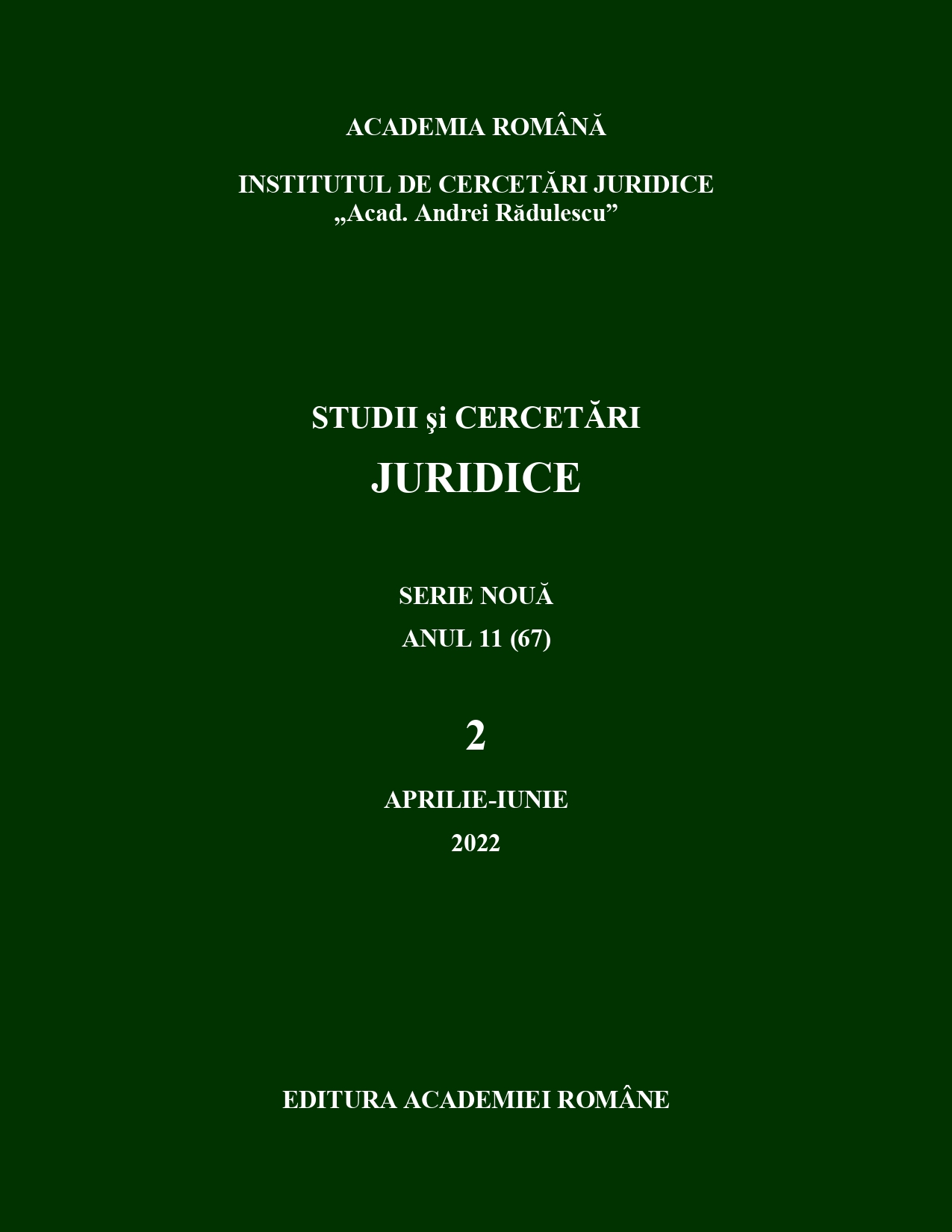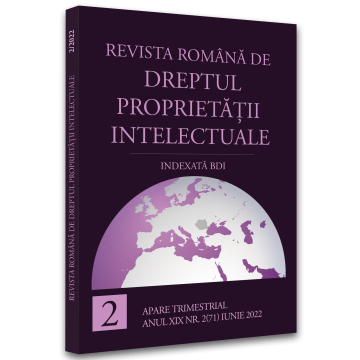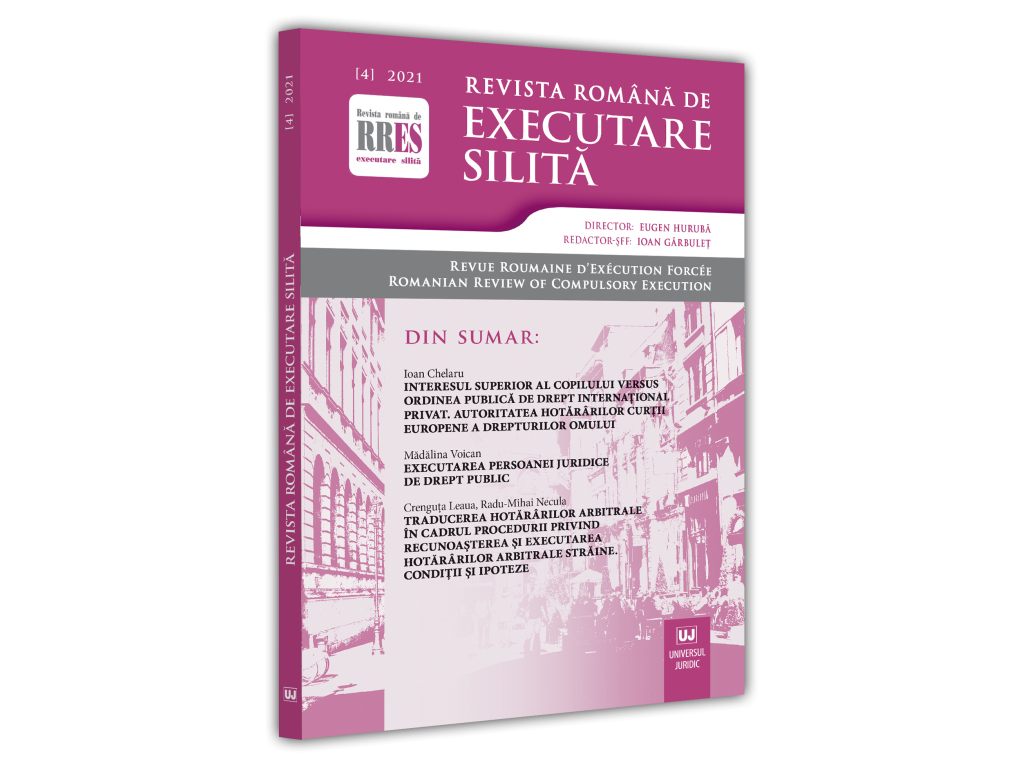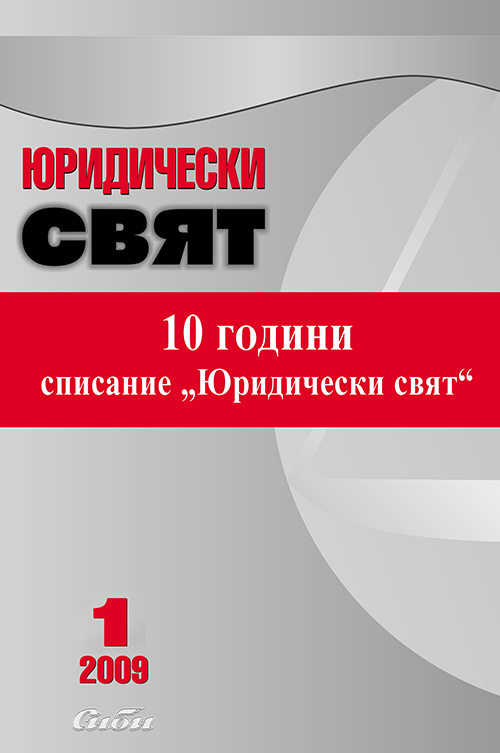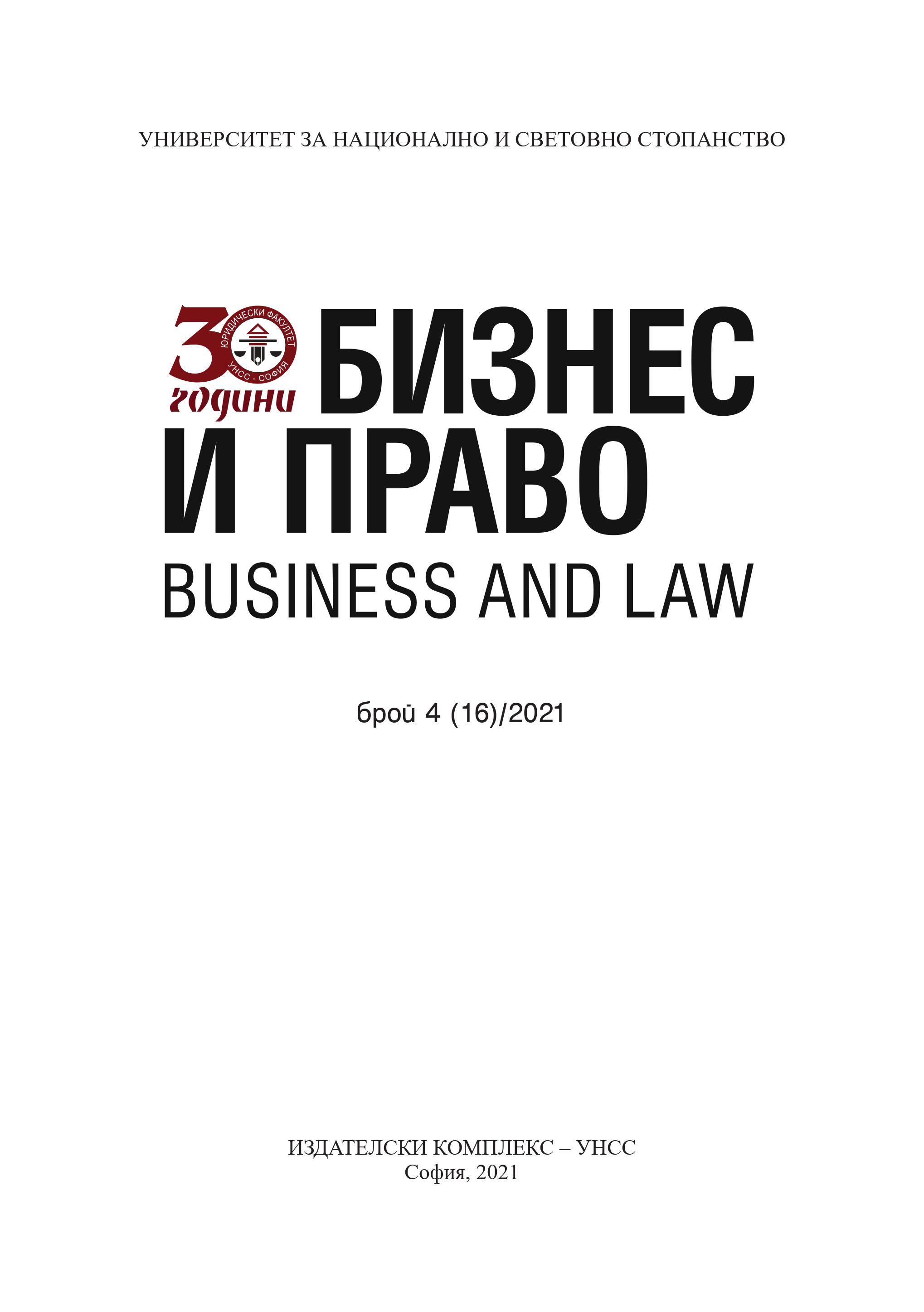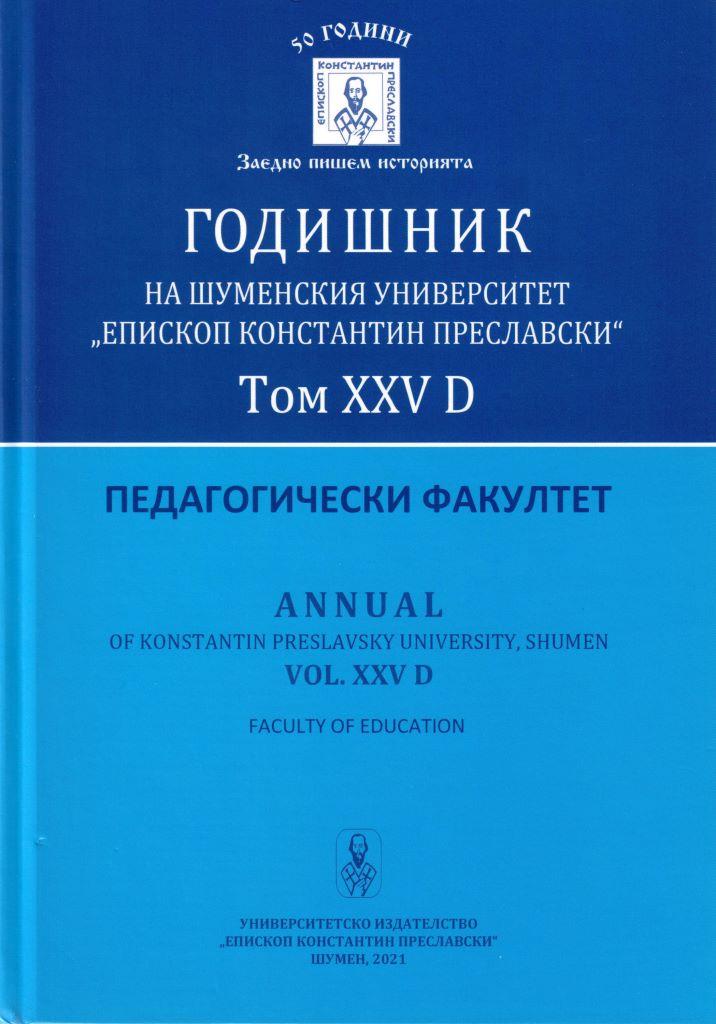
Изследване на употребата на психоактивни вещества от лица, изтърпяващи наказание „лишаване от свобода“
The current article presents the results of the first two stages of a research project entitled “Drug Abuse and Risk Groups. Study of the three-component relationship between sex - the type of psychoactive substances used - the type of crime committed, in persons deprived of their liberty". The project is implemented by a research team of the Department of Social Activities, Faculty of Medicine, Thrakian University, Stara Zagora. It is financed by a targeted subsidy of the Research Institute of the Thracian University under Contract № 11/2019 for university research. The purpose of the article is to study the use and frequency of use of psychoactive substances by persons punished by a court of law with "imprisonment".
More...
